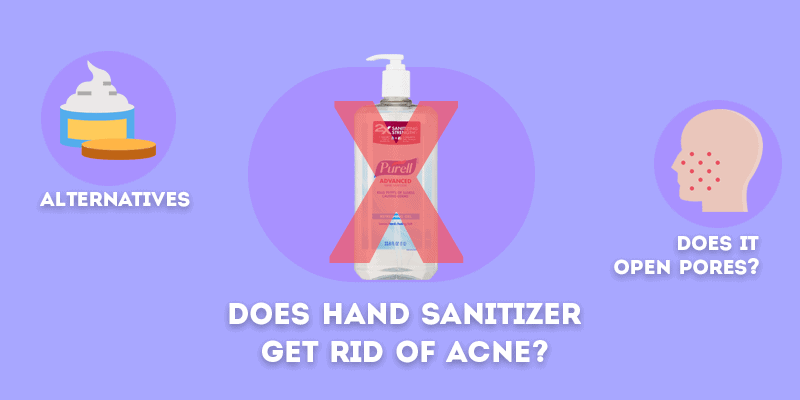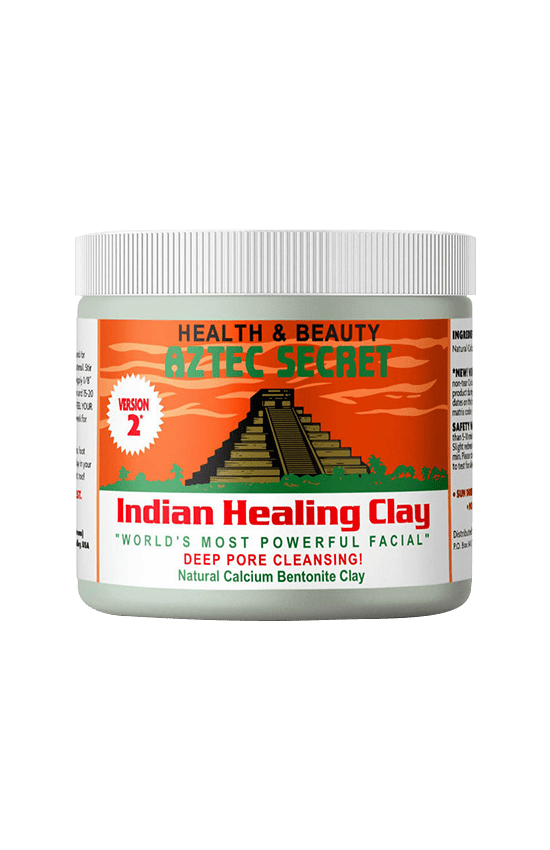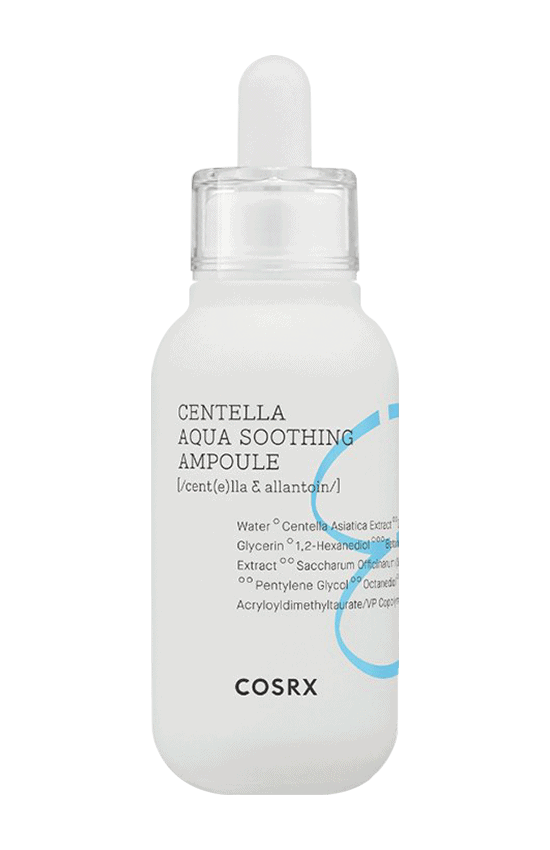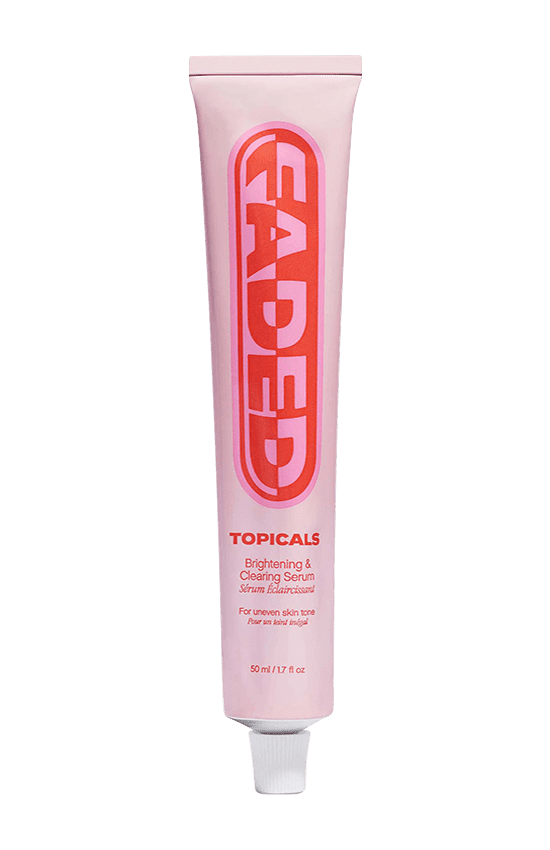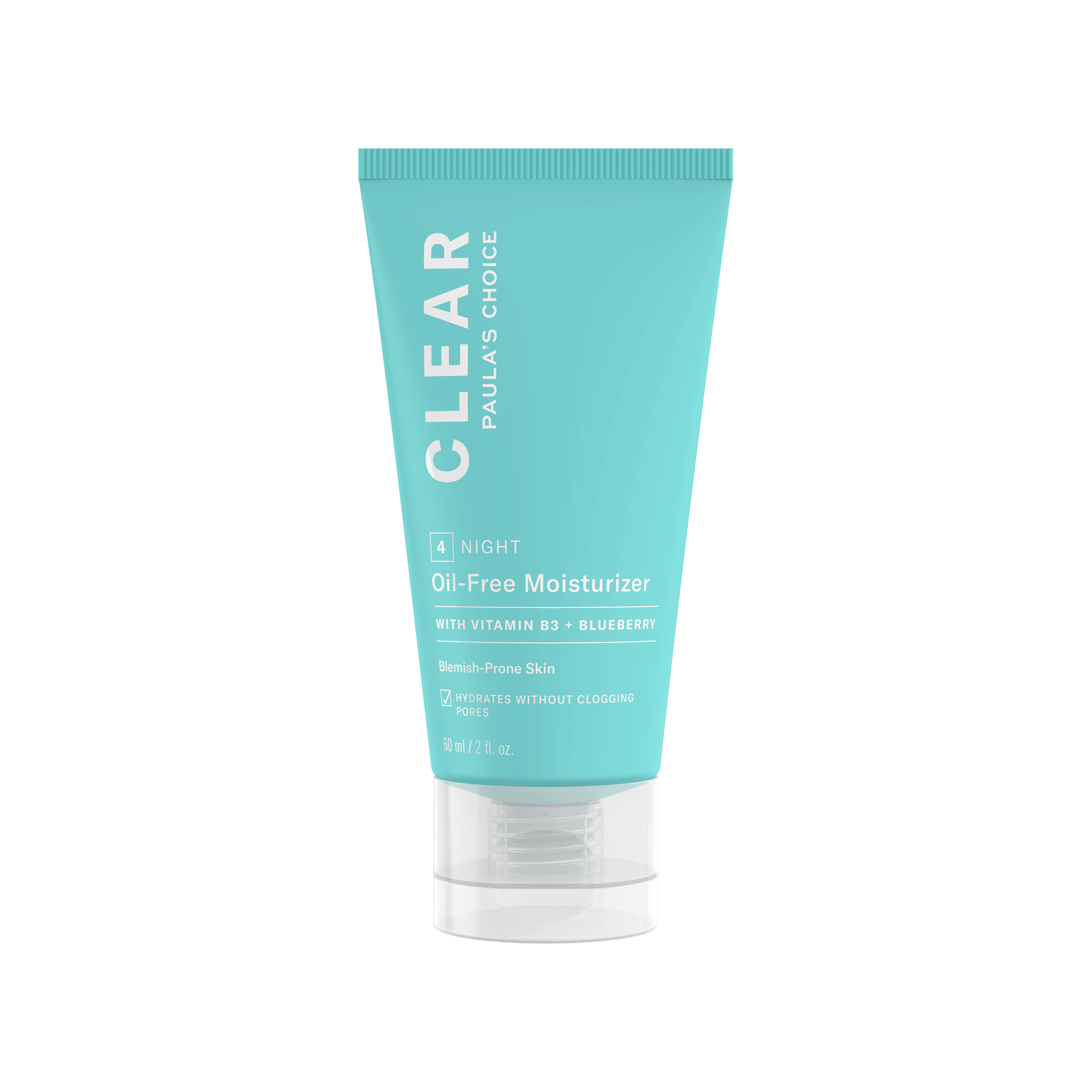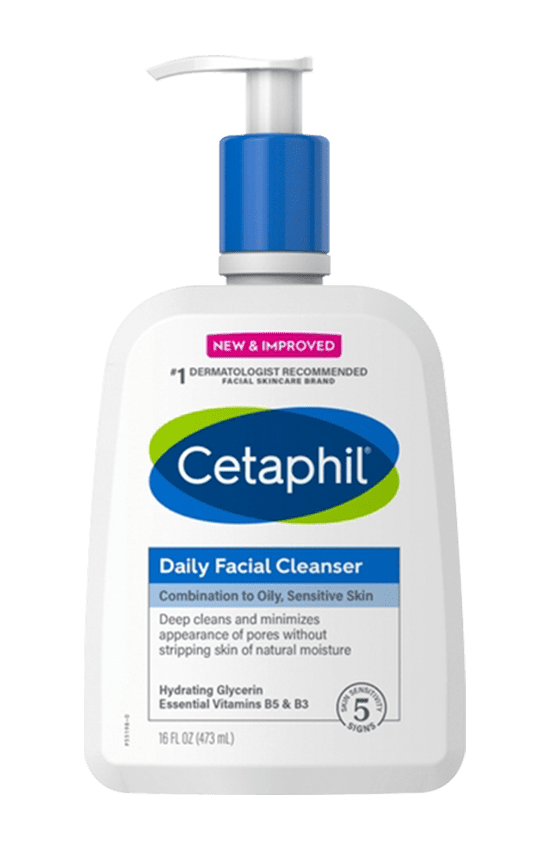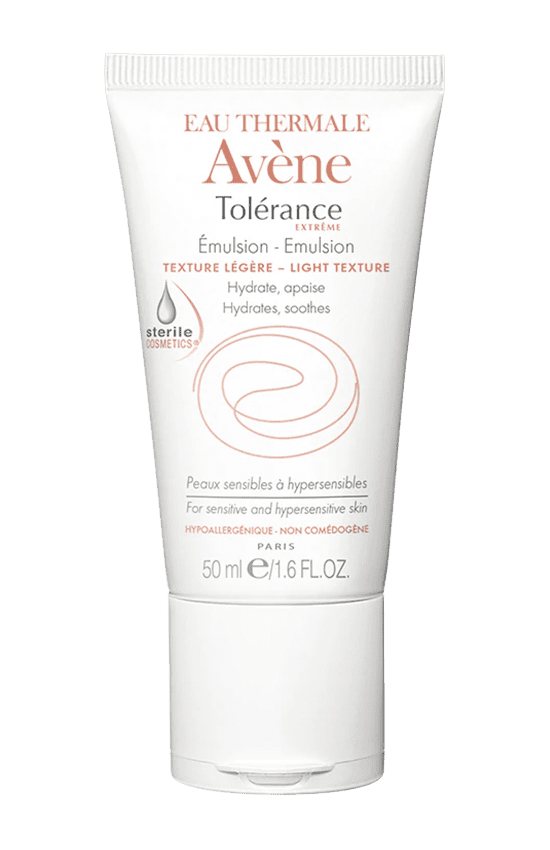Hand sanitizers are a good choice when looking to clean your hands in a pinch. However, this product is not a miracle for acne breakouts.For a variety of reasons, it is not recommended to use hand sanitizers for acne.
Does Hand Sanitizer Get Rid of Acne?
Unfortunately, hand sanitizer will not get rid of acne. Many people mistake the cooling and tingling feeling of rubbing alcohol for a cleansing property. The reality is that the active ingredient (isopropyl alcohol) in hand sanitizer is not an effective remedy to combat acne. Although the antiseptic properties of isopropyl alcohol are helpful in cleaning wounds and sanitizing the skin and other surfaces, it will not penetrate into pores to clear up acne. So even though the hand sanitizer may be effective at killing bacteria on the skin, it is not an acne treatment.
Hand Sanitizer as a Toner
Likewise, hand sanitizer should also not be considered an effective toner. The isopropyl alcohol contains properties that will dry out the skin. This will dehydrate the skin, pulling out essential moisturizing elements. Dry skin will become further irritated, leading to even more issues with acne control. The tougher skin on the hands are more capable of dealing with the dryness. Ultimately explaining why hands are less likely to dry out when sanitizer is used.
Hand Sanitizer as an Aftershave
Aftershave is intended to minimize the effects of inflammation and possible razor burn. Most standard aftershaves contain about 40-60 percent alcohol while hand sanitizers contain over 60 percent alcohol. The higher amounts of alcohol in hand sanitizers compared to aftershave will translate to a more rapid drying out of the skin. Ultimately, there are just better alternatives to using hand sanitizer as an aftershave.
Does Hand Sanitizer Open Pores?
Contrary to what many people believe, it is actually impossible to open or close pores. Pore size is largely determined by genetics, making external solutions to minimize their size a waste of effort. However, while you cannot physically shrink the size of pores, you can make them appear smaller. Using the right skincare routine will help minimize pore's appearance. Unfortunately, hand sanitizer on the face is not a solution that will make the pores appear smaller. Like with any other purpose, using this product on the face will only dry the skin and make it appear irritated.
Can You Use Hand Sanitizer on Acne Scars?
Similar to above, hand sanitizer will not help acne scars. Unfortunately, there is a lot of misinformation spread online such as using coconut oil, and even benzoyl peroxide for acne scars. Both of which will not deliver desirable results. When treating acne scars, stick to proven, professional treatments such as chemical peels, laser resurfacing.
Alternatives to Hand Sanitizer for Acne
Fortunately for acne sufferers wanting to treat their blemishes and resulting scars, there is a myriad of options on the market today designed to clear up skin without the harsh drying side effects of hand sanitizers. Here are a few of the best tried and true alternatives to use on the face so that you do not need to rely on hand sanitizers for that sensitive part of the body:
1. Cleansing with a Good Face Wash
A product specifically designed for the face will remove impurities and rid the skin of acne-causing particles. A facial cleanser will work to remove oil, makeup, dirt, dead skin cells, and other environmental pollutants. By unclogging pores, skin conditions such as acne will be stopped in their tracks. Because of its higher acne-causing pH levels, bar soap is not recommended for facial cleansing. Instead, it is recommended to choose a cleanser that comes in the form of a gel, cream, or foam.
2. Exfoliating Using a Salicylic Acid
Also known as beta hydroxy acid (BHA), salicylic acid is used to treat many facets of acne. Its most promising use is as an exfoliant. Younger looking skin is revealed as the exfoliant works to slough away dead skin cells. This ability to penetrate deep into the pores and the skin's surface makes it an effective agent in reducing the chances of experiencing unsightly breakouts. The acid also has the bonus benefits of improving overall skin tone and delivering moisture to the skin.
3. Topical Treatments
As one of the gold standards of acne treatment, benzoyl peroxide is one of the most effective options for any skincare routine that aims to eliminate blemishes. Benzoyl peroxide works by going directly into the pore to clear out the triggers that lead to breakouts. Not only does this treatment work to clear up existing issues, but it also works as a preventative measure. The ingredient is also effective at reducing the facial redness that often accompanies acne breakouts.
